True or false: ‘Cows need horns to communicate’
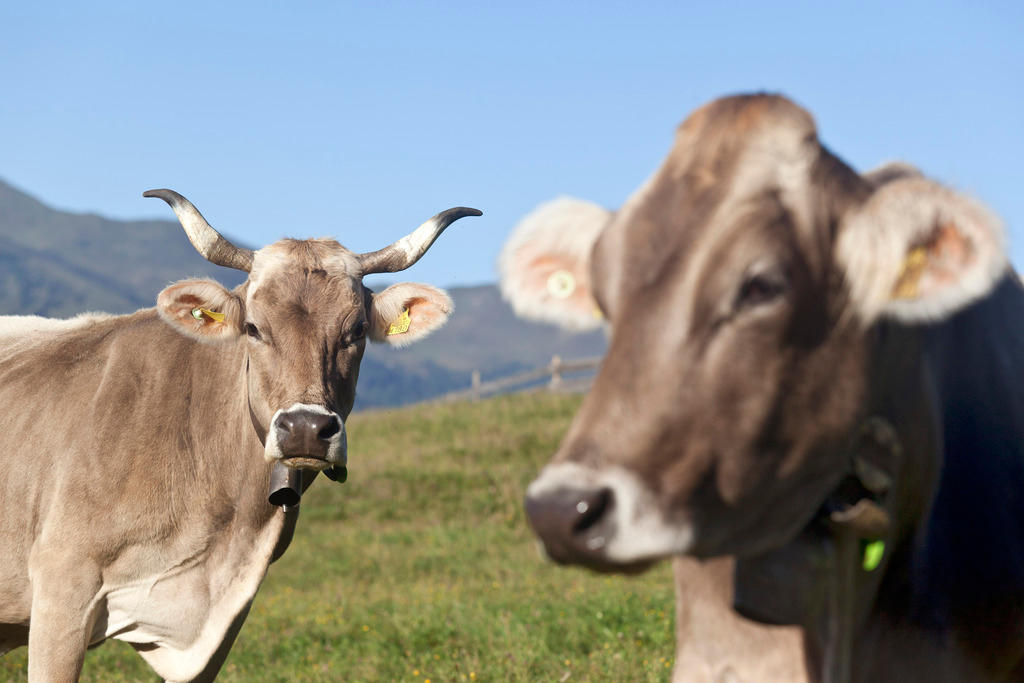
Armin Capaul, the farmer behind the nationwide vote on November 25 to save Swiss cow horns, has often claimed that cows need horns to communicate. Is he right?
A study between May 2013 and April 2016 by the Centre for Proper Housing of Ruminants and PigsExternal link, a branch of the Federal Food Safety and Veterinary OfficeExternal link (FSVO), looked into the relevance of horn status in dairy cows.
The projectExternal link, which was also carried out by AgroscopeExternal link, the Swiss federal centre for agricultural research, had no connection to the cow horn initiative. However, one of its aims was to “examine how different aspects of social behaviour are influenced by the presence or absence of horns”.
Initial results suggest that dehorning cows influences clashes between members of a herd.
“Cows with horns resolve conflicts and rivalries by and large without physical contact,” Eva van Beek, FSVO spokeswoman, told the SonntagsZeitungExternal link newspaper last month. She explained that a threatening wave of the horns was usually enough to force a lower-ranked cow to back down.
As the study concludedExternal link, “high-ranking cows showed the most and low-ranking cows the fewest agonistic [combative] behaviours irrespective of their horn status, but dehorned cows of medium rank displayed more agonistic behaviours than horned medium-ranking cows. The proportion of agonistic behaviours without body contact was in general higher in horned cows”.
Cows without horns, having had the means to settle a disagreement without a physical fight taken away from them, must resort to … a fight. Scientists noticed that cows without horns would headbutt other cows more often. Although headbutts don’t cause gaping wounds, they can result in severe bruising and even broken ribs.
The verdict
Is it true that cows need horns to communicate? Obviously one cow can’t use horn signals to tell another that there’s a nice patch of grass under that tree over there, but if you define “communicate” to mean “send a message”, the claim is true. In this case, the message being sent is “I’m your superior! Back off and nobody needs to get hurt!”
Voting on cow horns
Despite what the tourism adverts and chocolate boxes might suggest, around 90% of Swiss cows have their horns cauterised with a 700°C iron when they are a few weeks old. This causes the calf considerable pain despite a local anaesthetic, say opponents.
On November 25, the Swiss will go to the polls to accept or reject measures to encourage farmers to keep their animals’ horns.
The vote is the result of a people’s initiative by farmer Armin Capaul, who single-handedly collected more than 100,000 signatures.
The initiative, called “For the dignity of farm animals”, does not call for a ban on dehorning animals. It proposes adding a sentence to Article 104 of the constitution requiring official financial support to the keepers of “cows, stud bulls, female goats and male goats used for breeding” as long as the adult animals have their horns.
Parliament has urged voters to reject the initiative, but farmers’ groups have taken no unanimous position on it. The Swiss Farmers’ Association has let its members vote as they see fit.

In compliance with the JTI standards
More: SWI swissinfo.ch certified by the Journalism Trust Initiative








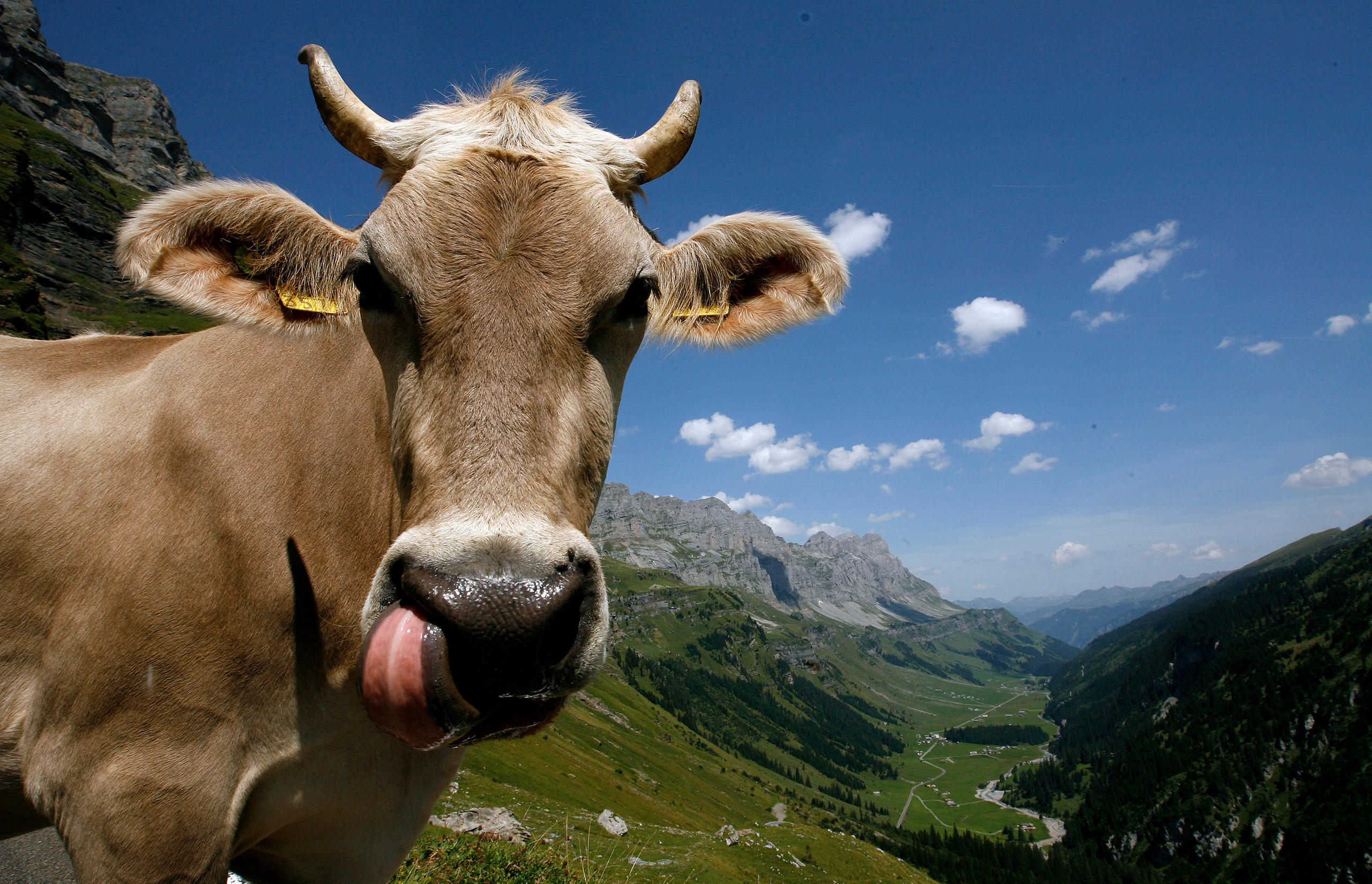


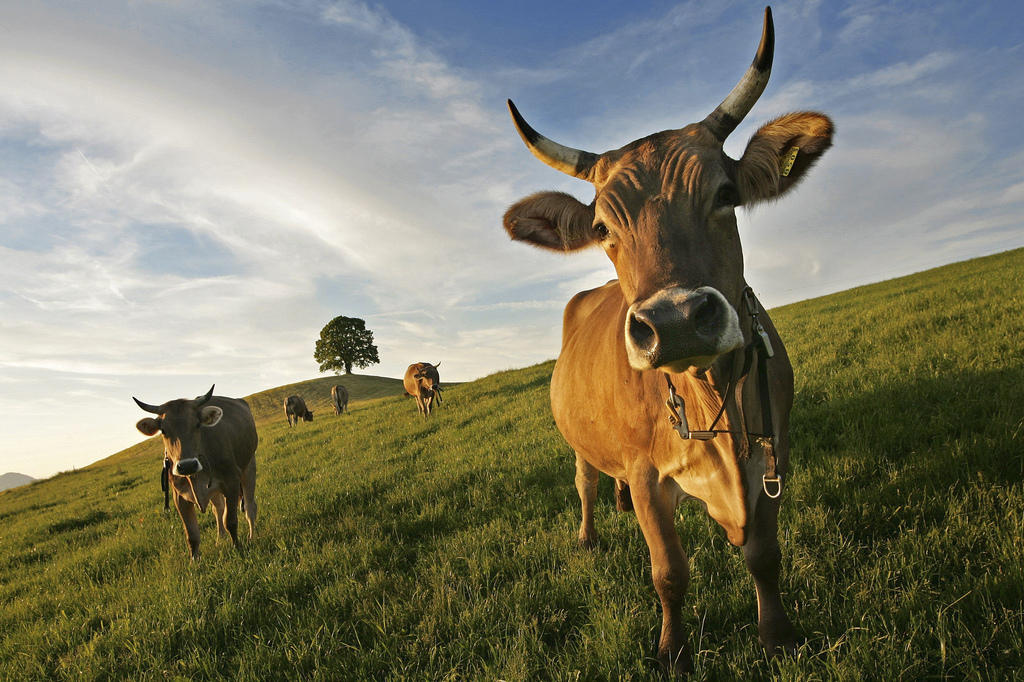
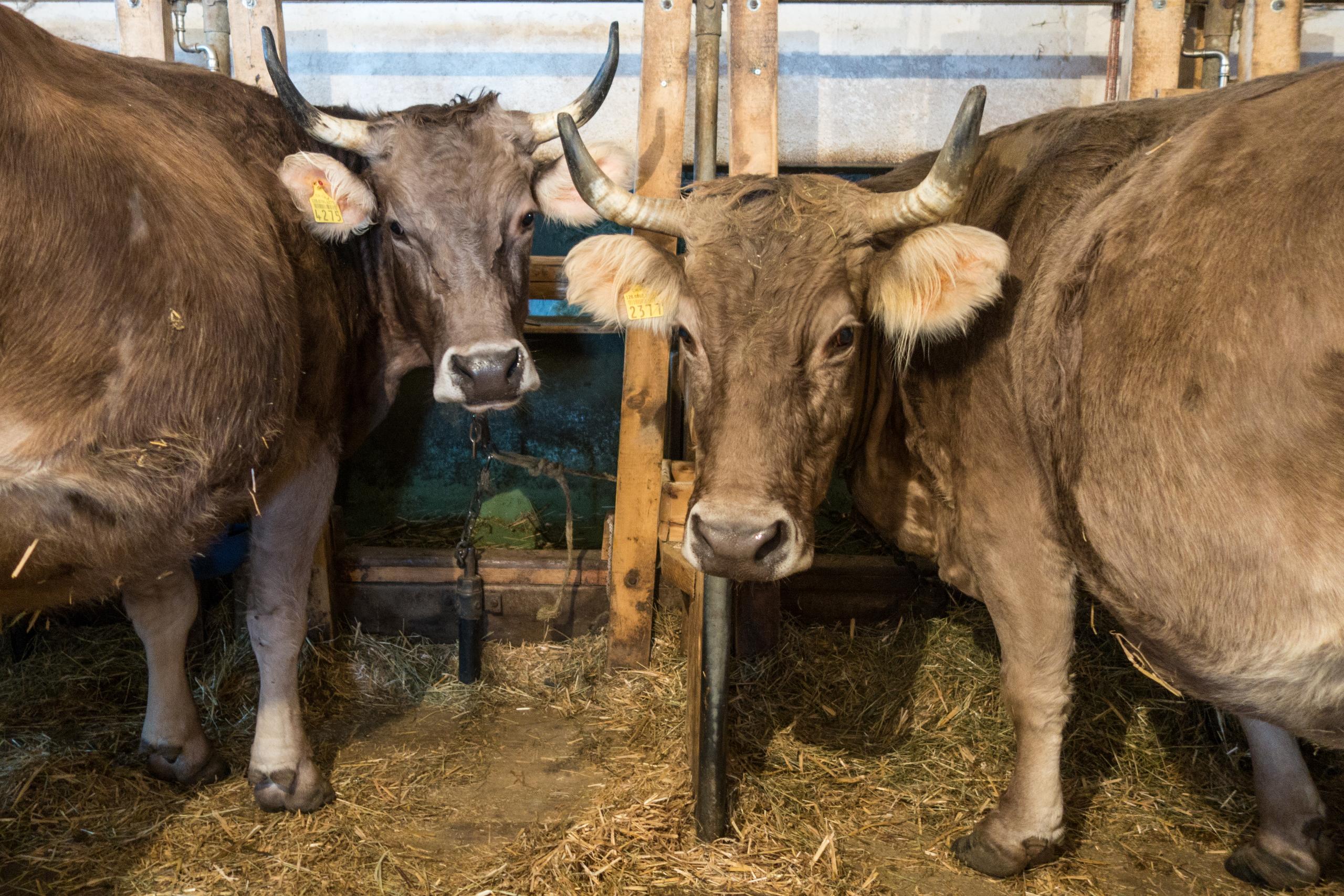
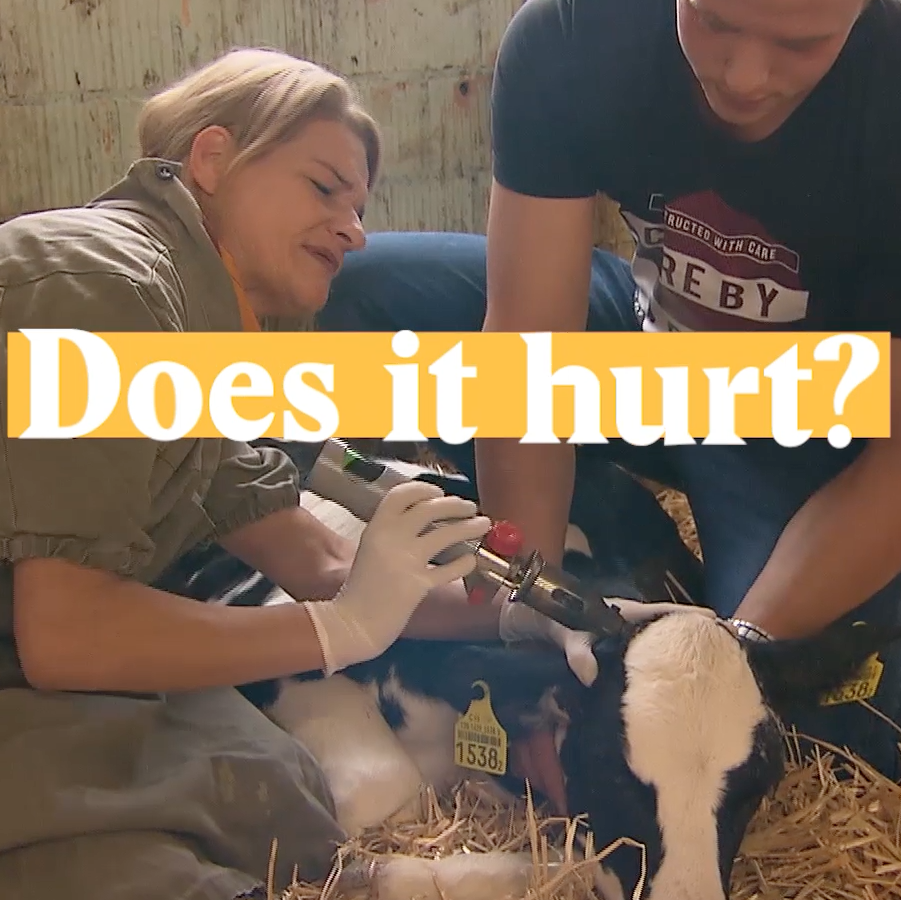

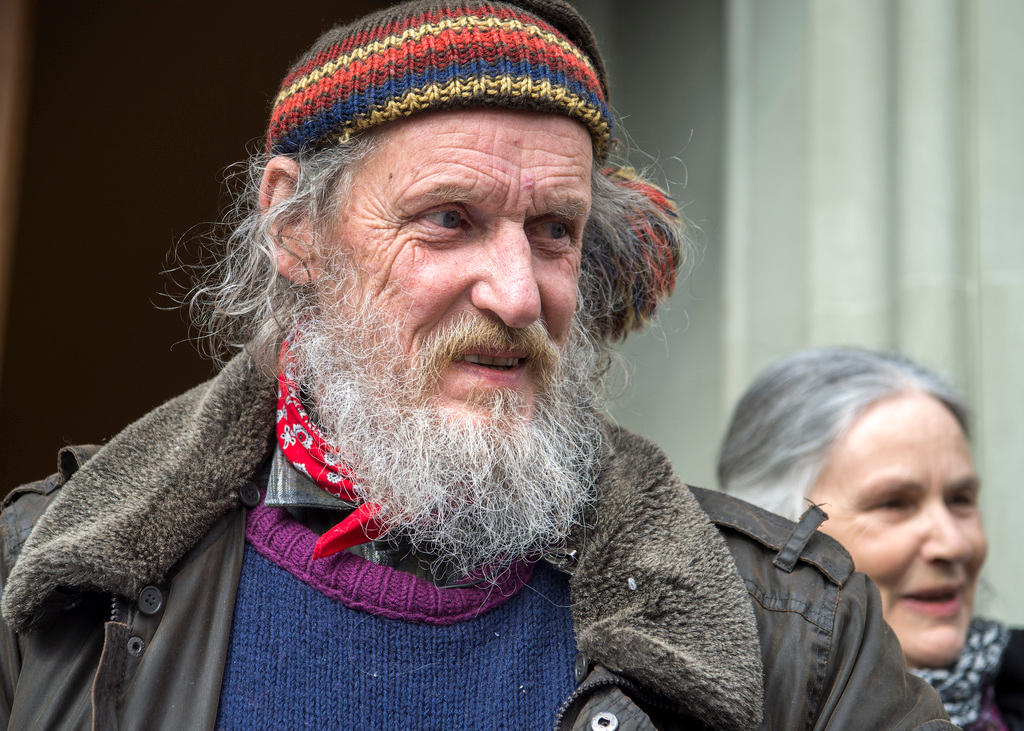
You can find an overview of ongoing debates with our journalists here . Please join us!
If you want to start a conversation about a topic raised in this article or want to report factual errors, email us at english@swissinfo.ch.